We may earn money or products from the companies mentioned in this post. This means if you click on the link and purchase the item, I will receive a small commission at no extra cost to you ... you're just helping re-supply our family's travel fund.

Flying can be stressful, especially for flight attendants managing dozens of passengers. Some behaviors interfere with safety, comfort, or service. These 13 habits are the most challenging for crews, and with mindful adjustments, you can make your flight smoother and safer for everyone.
1. Talking Loudly During the Safety Briefing
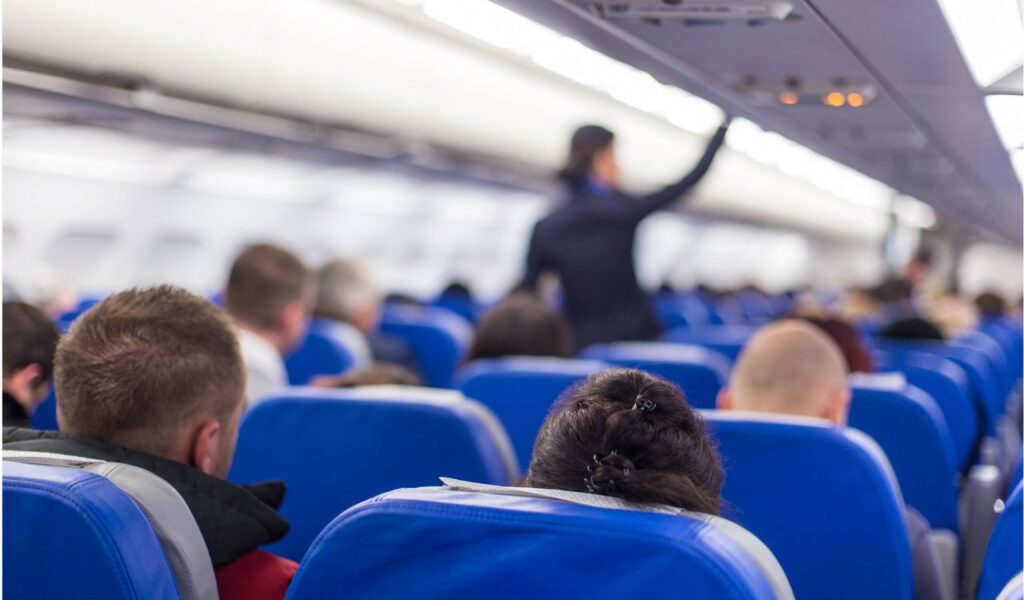
Safety briefings are mandatory and critical. Talking or chatting loudly interferes with essential instructions. Crew members may legally require compliance, not just courtesy. Listen attentively, stay quiet, and follow directions. This ensures you understand emergency procedures and allows attendants to complete the briefing efficiently, keeping the cabin safe and calm for all.
2. Pressing the Call Button for Minor Requests
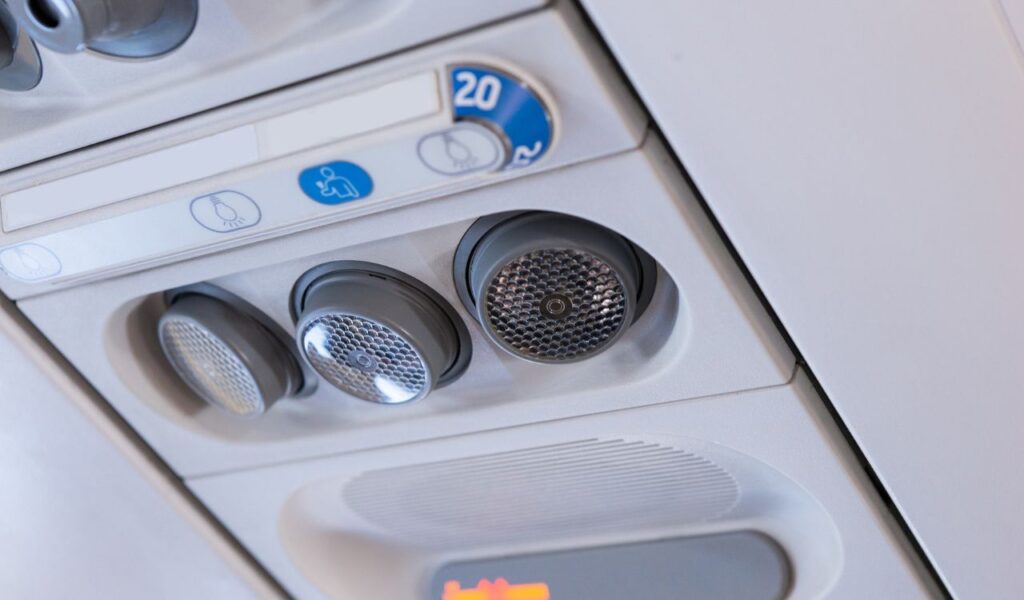
The call button is designed to get crew attention when needed. Pressing it repeatedly or for trivial reasons during taxi, takeoff, landing, or turbulence can disrupt operations. Use it for real requests, and if uncertain, wait until the crew approaches. Following this guidance helps maintain smooth service while respecting safety-critical phases of the flight.
3. Boarding Early to Ask for Water
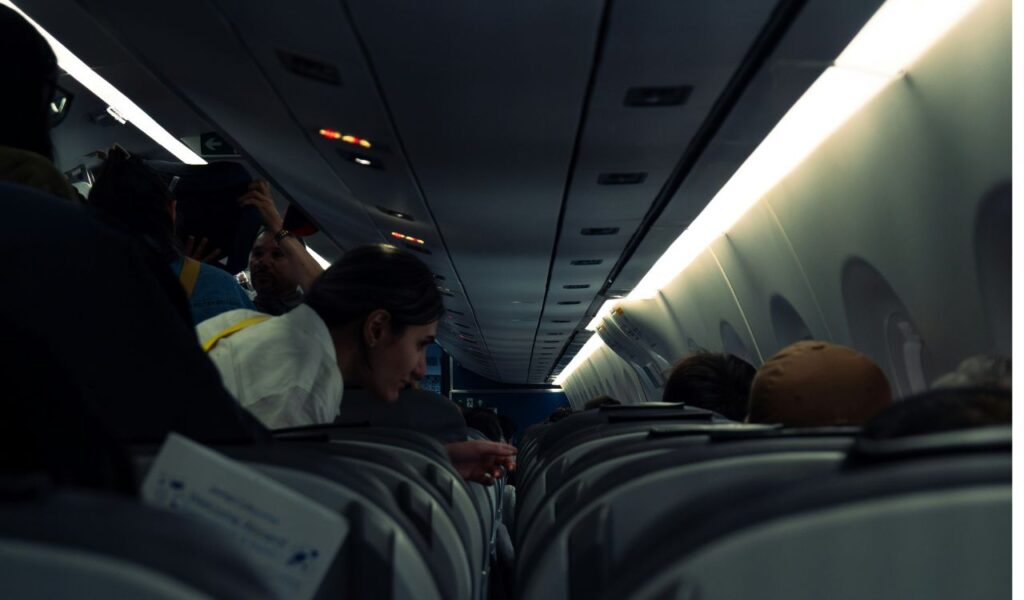
Requesting water during boarding is reasonable if medically necessary, but crew members are focused on safety checks and securing the cabin. For non-urgent hydration, wait until after takeoff or initial service begins. Asking at the right time keeps workflow efficient and ensures both your needs and safety requirements are balanced.
4. Using the Bathroom During Meal Service
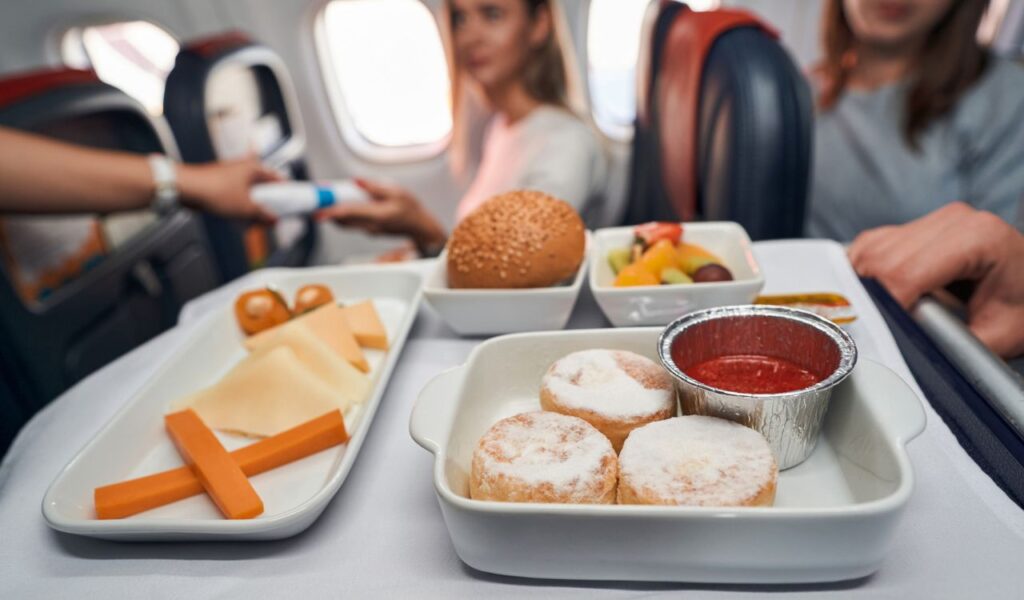
Leaving your seat during meal service can create spills or block the aisle. Flight attendants may ask passengers to wait during cart movement or seatbelt-on periods. If the need is urgent or medical, communicate with the crew and proceed carefully. Planning breaks around service keeps the cabin safe and service efficient for everyone.
5. Leaving Your Seat During Turbulence
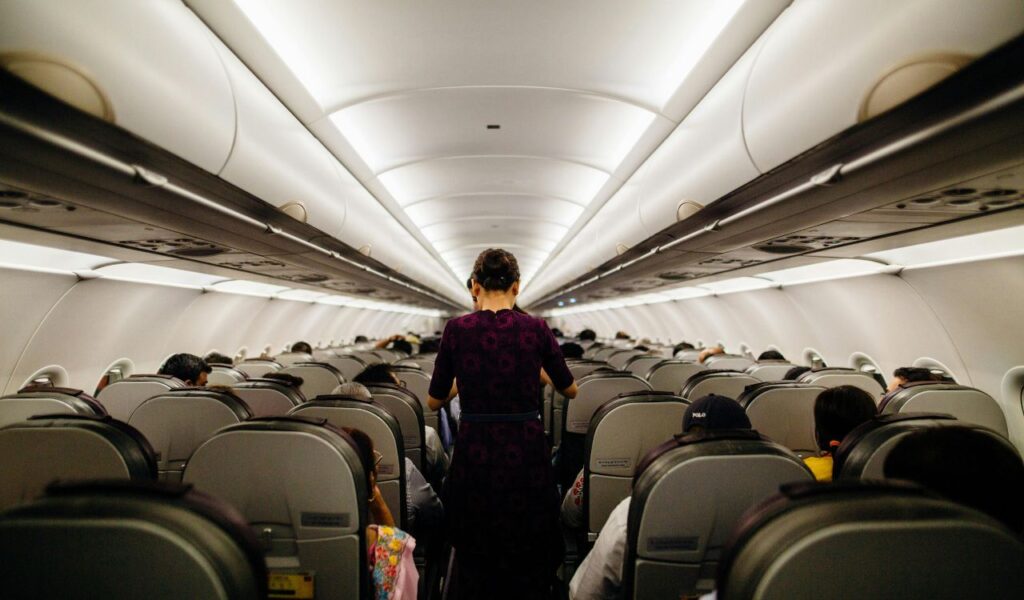
Unexpected turbulence causes most in-flight injuries. Keeping your seatbelt fastened at all times while seated is advised, even when the sign is off. Standing or moving during bumps is risky for you and others. Following crew instructions on movement shows respect for safety rules and reduces stress for attendants managing the cabin.
6. Getting Drunk or Overindulging
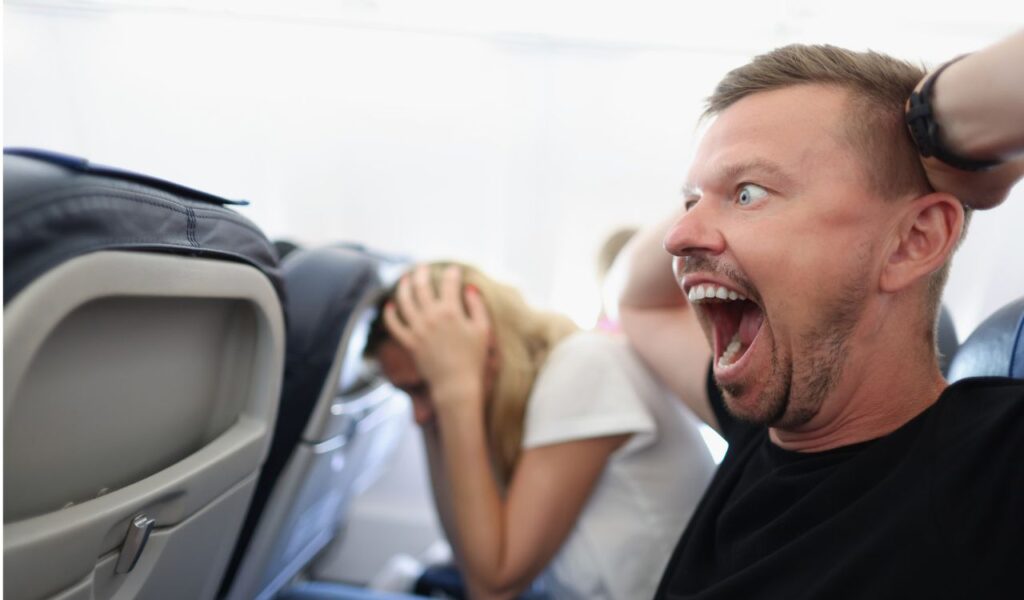
Intoxication can interfere with flight attendants’ duties and pose safety risks. Many airlines prohibit passengers from consuming their own alcohol and may refuse service to visibly impaired travelers. Drink responsibly, know your limits, and stay calm. Being mindful of alcohol helps maintain a safe, comfortable cabin environment for everyone.
7. Letting Kids Play in the Aisle

Aisles must remain clear for safety and service. Children running or playing can block carts and create hazards. Keep kids seated, entertained with quiet activities, and under supervision. This reduces disruptions, keeps the cabin safer, and allows attendants to perform duties efficiently without constant interruptions.
8. Wearing Inappropriate Footwear
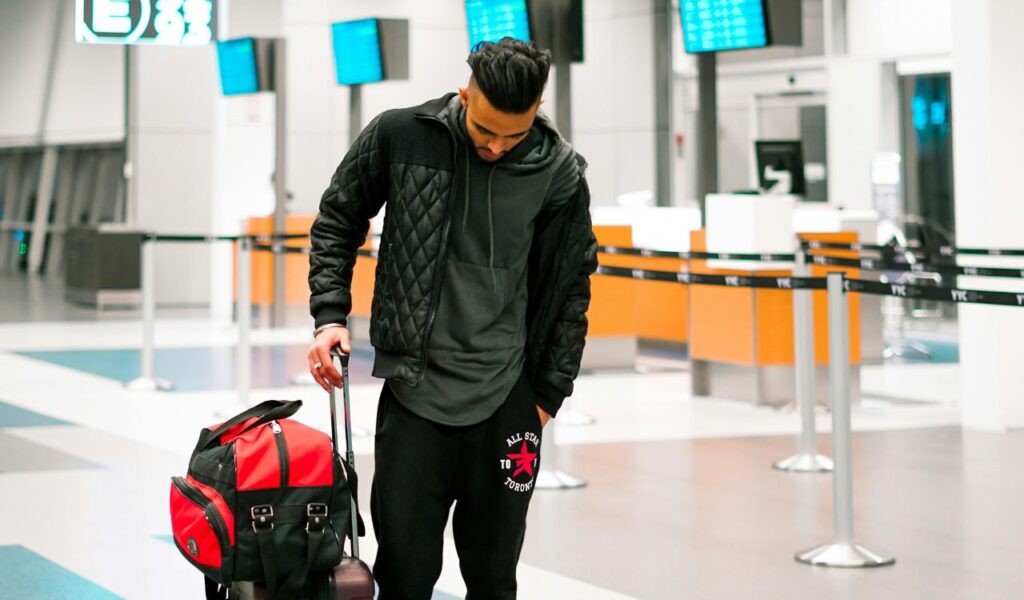
Bare feet, flip-flops, or loose sandals can be unsafe and are discouraged on most flights. Closed-toe, secure shoes are recommended for safe cabin movement and evacuation readiness. Following this guidance protects you and respects airline policies while ensuring the crew can manage emergencies without added risk.
9. Leaving the Lavatory Messy
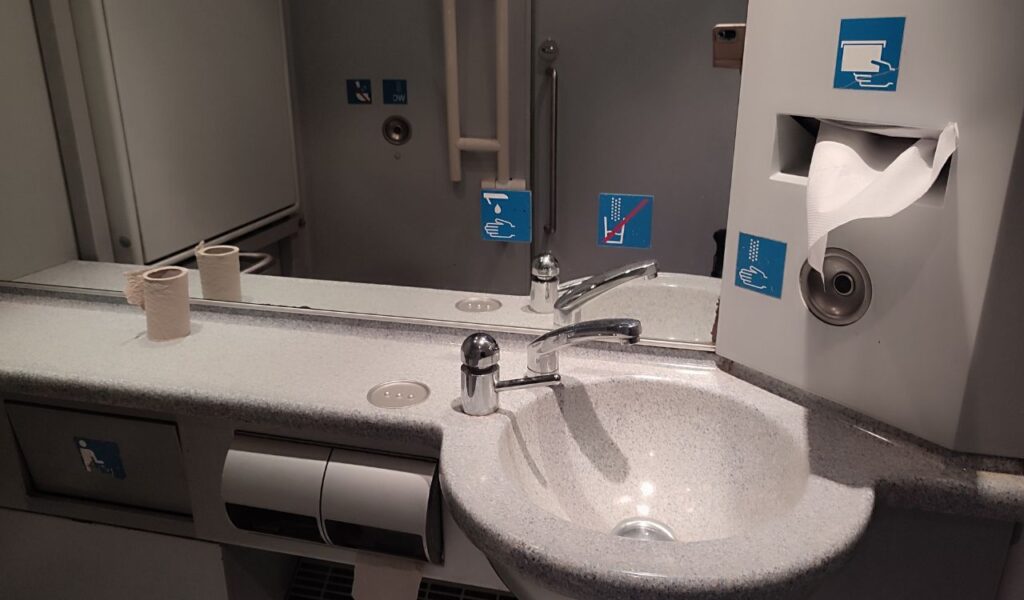
A clean lavatory prevents discomfort and unnecessary work for flight attendants. Dispose of trash in bins, avoid flushing inappropriate items, and leave the space tidy. Courtesy in shared spaces improves hygiene, maintains cabin efficiency, and creates a more pleasant experience for all passengers.
10. Not Knowing How to Open the Lavatory Door
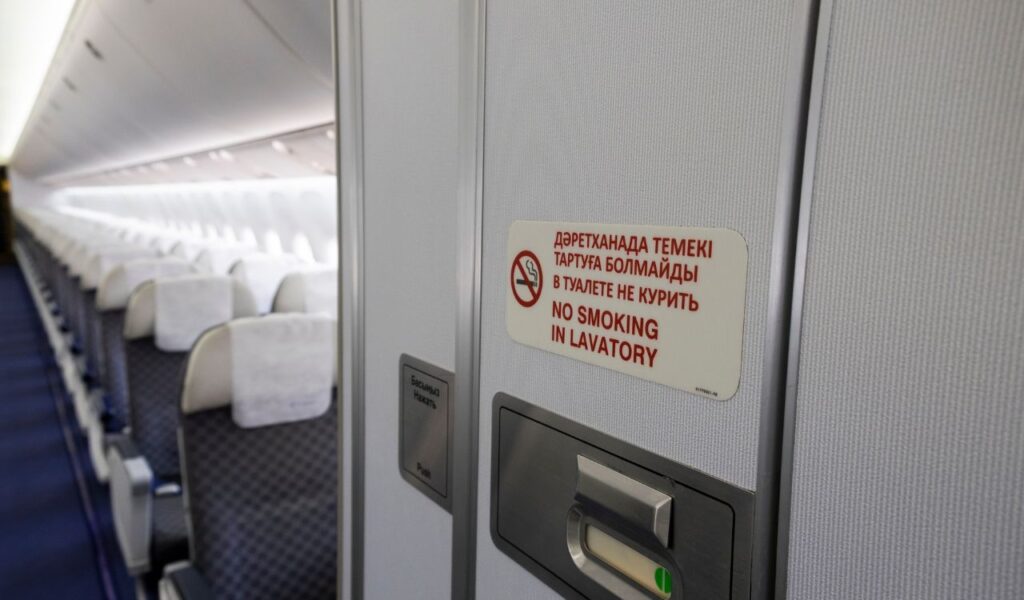
Different lavatory latch types can confuse travelers, causing delays or minor frustration. Look for signage, graphics, or ask a crew member if unsure. Being familiar with these simple operations keeps traffic flowing, reduces stress for attendants, and avoids unnecessary annoyances for other passengers.
11. Watching Movies Without Headphones
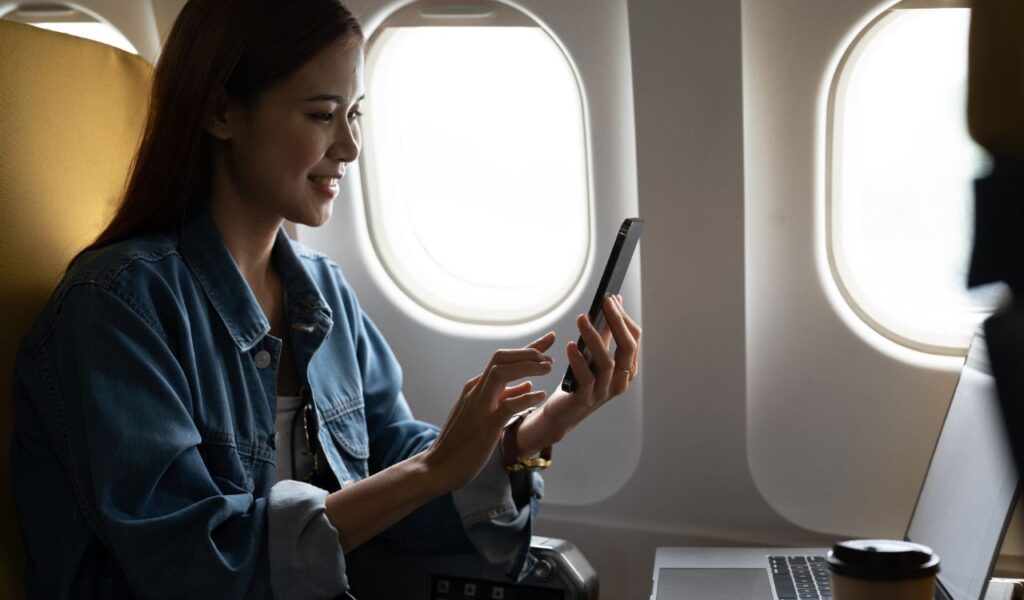
Playing audio without headphones can disrupt nearby travelers and may violate airline rules. Use headphones, keep volume low, and switch devices to quiet mode if possible. This small courtesy ensures personal entertainment does not disturb others and allows attendants to manage the cabin without noise complaints.
12. Bringing Strong-Smelling Foods Onboard
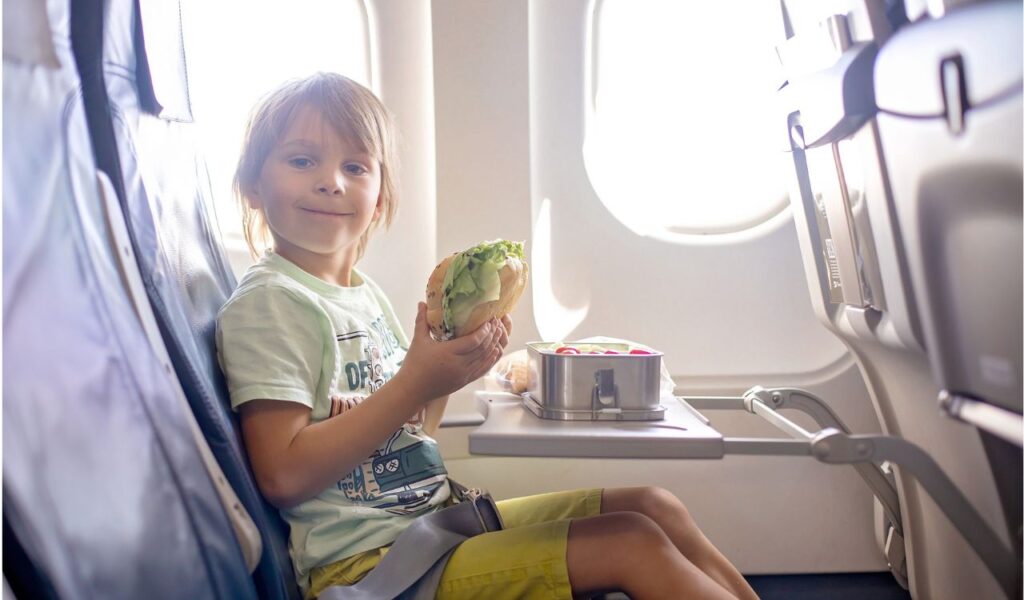
Foods with strong odors or allergens can create discomfort in a confined space. Choose neutral-smelling snacks and be mindful of reheating restrictions. Considering fellow passengers and crew promotes a comfortable, safe cabin environment and reduces the risk of allergic reactions or unpleasant experiences.
13. Hogging Armrests
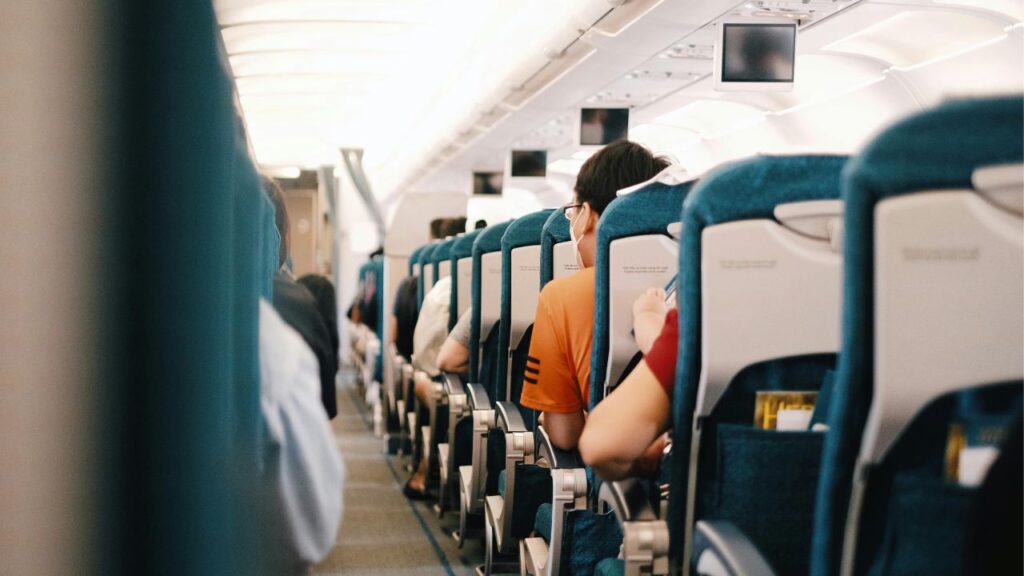
Sharing armrests is a common source of tension on flights. Claiming both armrests or aggressively leaning on a neighbor makes the flight uncomfortable. Be aware of personal space, adjust gently, and respect those seated beside you. Thoughtful use of shared space contributes to a calmer cabin and prevents minor conflicts that crew members often have to manage.